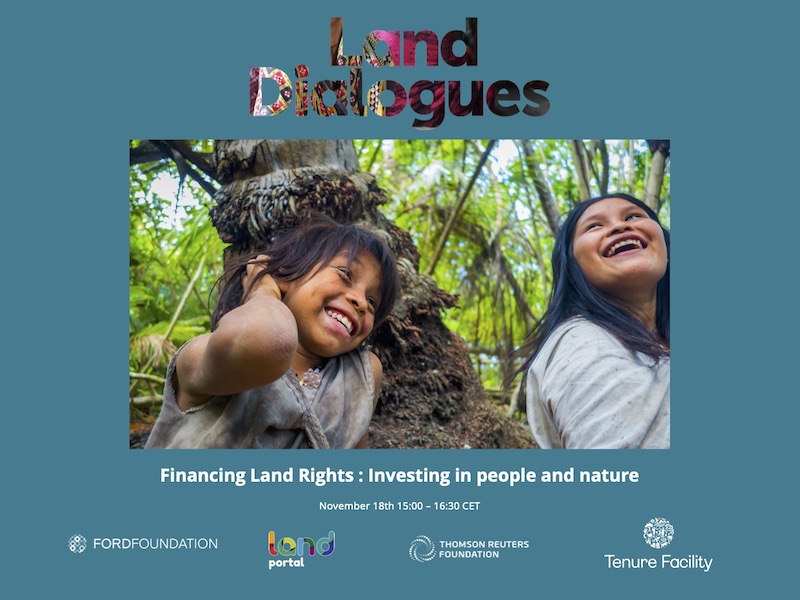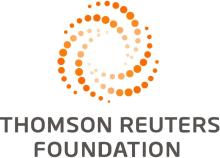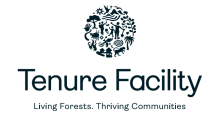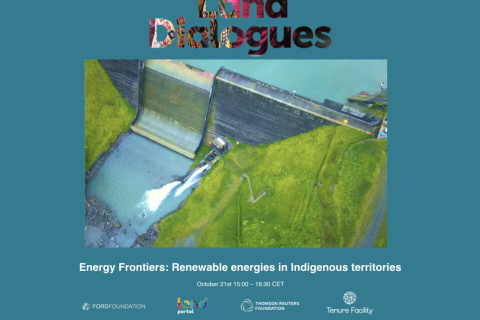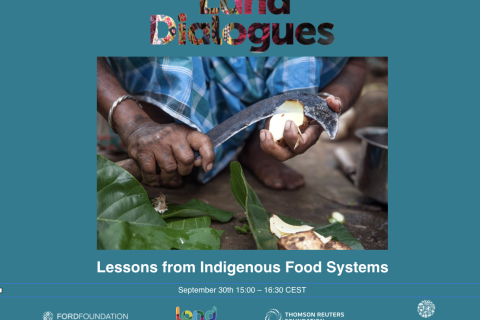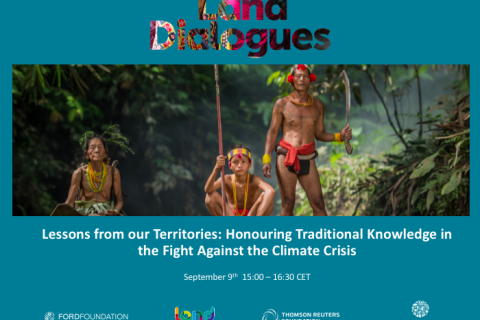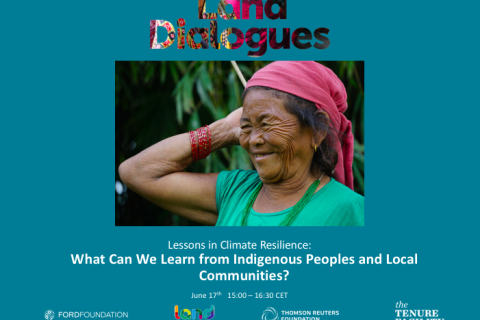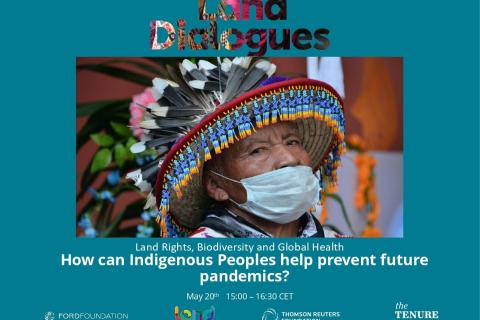This webinar confronted the reality that Indigenous Peoples’ and local communities' land rights are greatly underfunded, despite these territories being key to global environmental health services. According to a 2021 study by Rainforest Foundation Norway, from 2011 to 2020 less than 1% of climate cooperation funds were allocated to forest management or to legalize indigenous territories, and in the past 10 years only 0,017% of all climate cooperation funds mention an indigenous organization in the implementation.
This is despite evidence that protecting Indigenous territories mitigates climate change, protects biodiversity and decreases the risk of zoonotic disease spillover. In addition, defending community land rights could also improve inequality and human rights.
With world leaders talking about a just recovery from the COVID-19 pandemic and a transition to a low-carbon economy, mobilising and strategically investing public and private finance to scale up the recognition of land rights of Indigenous Peoples and local communities should be a key priority for 2021 and beyond.
Colleagues joined us on November 18th to discuss why and how we should invest in both human rights and environmental rights for a more equitable & sustainable future.
Moderator

Thin Lei Win
Panelists

Tuntiak
Katan

Kevin
Currey

Nonette
Royo

Harold
Liversage
- Thin Lei Win, Moderator- Independent journalist
- Tuntiak Katan, Panelist- General Coordinator, Global Alliance of Territorial Communities (GATC)
- Kevin Currey, Panelist- Program Officer, Ford Foundation
- Nonette Royo, Panelist- Executive Director, The Tenure Facility
- Harold Liversage, Panelist- Lead Land Tenure Specialist, IFAD

